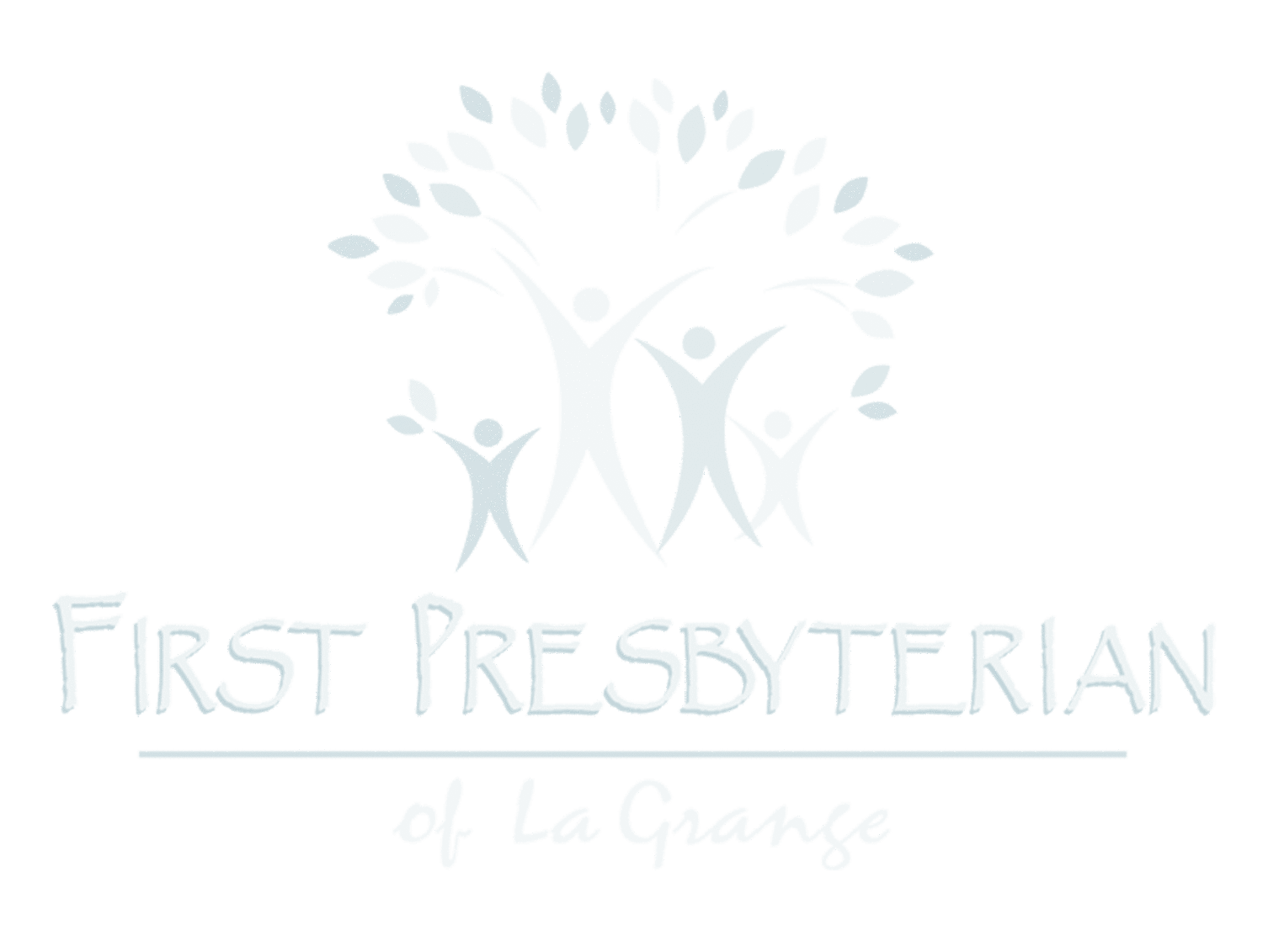Greetings Archive Associates:
Researching the history of our Aeolian-Skinner organ for our Wednesday “Art of FPCLG” program, I came across a set of correspondence from the organ builder denouncing the building committee’s decision to carpet portions of the Sanctuary. Then president of the corporation, Joseph Whiteford informed the committee that the installation of carpeting in the aisles and chancel would nullify the acoustic guarantee of the installation and jeopardize the Aeolian-Skinner corporation from putting their nameplate or admitting any association with the instrument. Quoting from the conclusion of the letter, Mr. Whiteford wrote:
I trust you will realize that my concern in this matter is three-fold. We feel strongly that you should not spend $64,000 for a musical instrument and spoil it, any more than you should stuff cotton in a Stradivarius. We want to be proud of this installation. Lastly, and most important, we do not want you to sacrifice the organ and choral musical inspiration your congregation can receive.
If this reason for carpeting is purely decorative, it violates the spirit of Gothic strength and integrity from which your building is derived. If the reason is to soften the footsteps of the latecomers, it will indeed be a monument and encouragement to the casualness with which many today regard the value of Corporate Worship.
Pointed stuff. But what really caught my eye in the correspondence was the following sentence just before the above quoted paragraph: “May I add the weight of another authority all should respect, namely, Albert Schweitzer, whose letter on this subject is enclosed.”
I immediately began to dig through the archives, and sure enough, we have in our files an original hand-written letter from Albert Schweitzer himself complaining about the state of American churches diminishing the quality of pipe organ enjoyment by their decorative choices which diminish the acoustic quality of their sanctuaries.
I was excited to hold the paper penned four years before the death of the great theologian, organist and physician (yes, the 1952 Nobel Peace Prize recipient had three earned doctorates). Never mind that the letter was an indictment of our building committee, which is why I think it wasn’t celebrated—the letter is in our archives!
As an organist, Schweitzer, with his friend Charles-Marie Widor (Google a YouTube performance of Widor’s Toccata), founded the Paris Bach Society. Schweitzer’s musical credits placed him among the top organists in the world. But he wasn’t remembered for his astounding musical career, nor for his contributions to theology, which included his 1906 groundbreaking work, Quest for the Historical Jesus, to this day required reading for every student of western theology, and his 1931 work, The Mysticism of the Apostle Paul.
Schweitzer’s Nobel Prize was for his medical work at a hospital in Gabon, French West Africa, where he made major contributions in research of sleeping sickness and the treatment of dysentery. His major contribution to international peace was his 1923 work “Reverence for Life”, in which he argued that the West was in decay because of a loss of humanitarian ethics.
And yet he had time to pen a letter concurring with our organ builder that a carpeted chancel would be a big mistake. No, we didn’t take his advice—building committees can be tough customers; but I think it is so cool that we have his letter.
Finding neglected advice in our church basement, I remain,
With Love,
Jonathan Krogh
Your Pastor











Dear Musing Meanderers:
I’ve mentioned before how I seldom provide my sermons in print. This is due primarily to the fact that I believe oral and written communications are very different dialects. What listens well seldom reads well, and vice versa. But from time to time, I believe some sermon or meditation lends itself to essay form; such is the case with my Good Friday meditation from our ecumenical service this past April 18 at Plymouth Place.
What follows is a textual re-working of my remarks that evening. I trust it’s readable and is of some edification to you as you reflect on this year’s Holy Week.